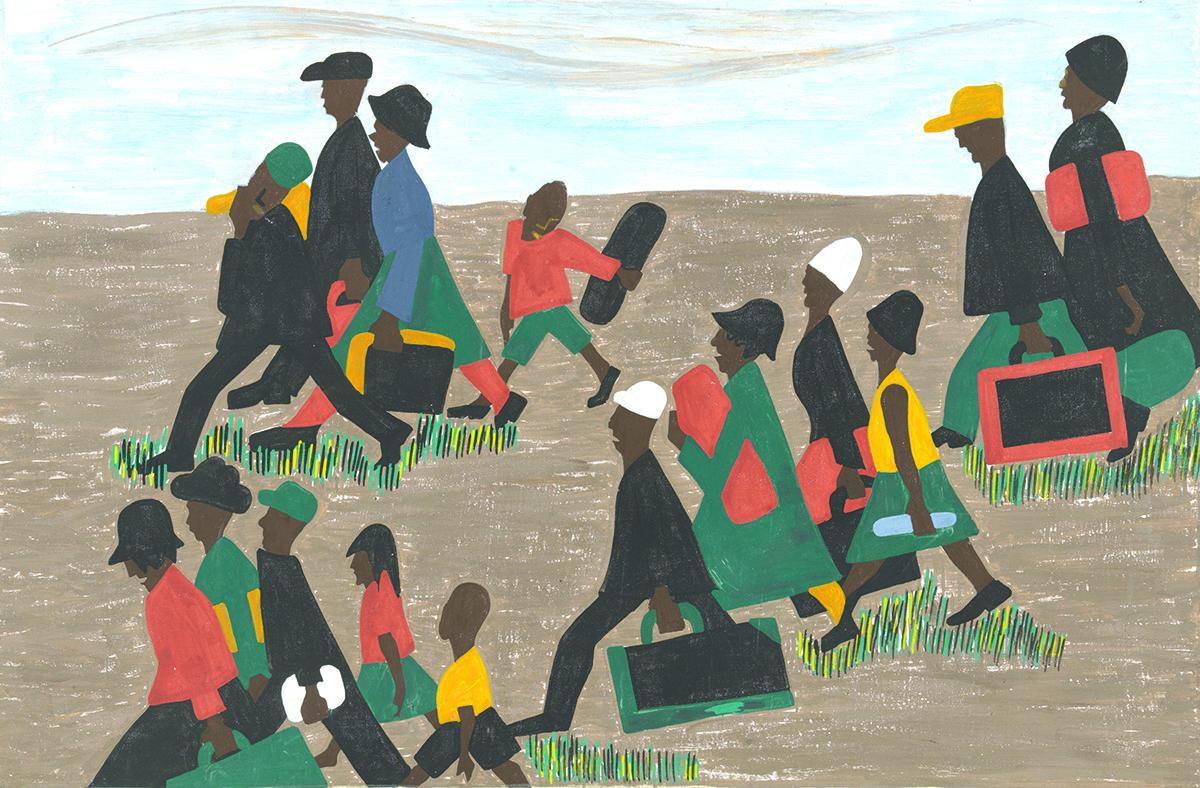My experience with these three pieces was interesting because I began with the Henry Louis Gates Jr. article, “Ending the Slavery Blame-Game”. I was specifically compelled by a paragraph on page 3 that makes reference to the apologetic nature of West Africans reflecting upon their role in northern slavery. Prior to our class discussion of context based on history and even of the writer, I was persuaded that Gates might have had a reasonable argument. He states on page 4 of the article, “Under these circumstances, it is difficult to claim that Africans were ignorant or innocent”. He had a fair point, or at least so I thought.
Upon reading the Gomez article and watching “Traces of the Trade”, I came to understand that what Gates was trying to argue was not reliable, as it did not take into account the context in which the slave trade was happening. At the time, the slave trade in West Africa looked overwhelmingly different than what slavery in the United States would become. In a sense, West Africans involved in the trade were deceived and manipulated by the wines, weaponry, and other material items that Europeans traded with them for slaves. Gomez closes his article on page 4 by saying “It is difficult to imagine assigning equal culpability to a community fending off the slave trade with the European nations bankrolling and in ultimate control of the entire affair, especially when those European nations were providing the weaponry”.
The Gates and Gomez articles became easier to distinguish and digest in the context of “Traces of the Trade”. When the DeWolfs are in Ghana speaking with a Ghanaian historian, he explains to them that the idea of slavery starting in West Africa is false. He emphasizes that the slave trade in West Africa was nothing new but also that the morals of northern slavery were not in congruence with what was happening in West Africa. We were able to see these differences with Equiano.
Connecting the paragraph from Gates referring to the embarrassment West African leaders felt toward their roles in northern slavery but then the young Ghanaian boy in the film asking Lain De Wolf, “are you not ashamed to be here?” shows that having context and evidence goes a long way in understanding just how invalid a seemingly persuasive argument can be. It also shows how important it is to present reliable information.
